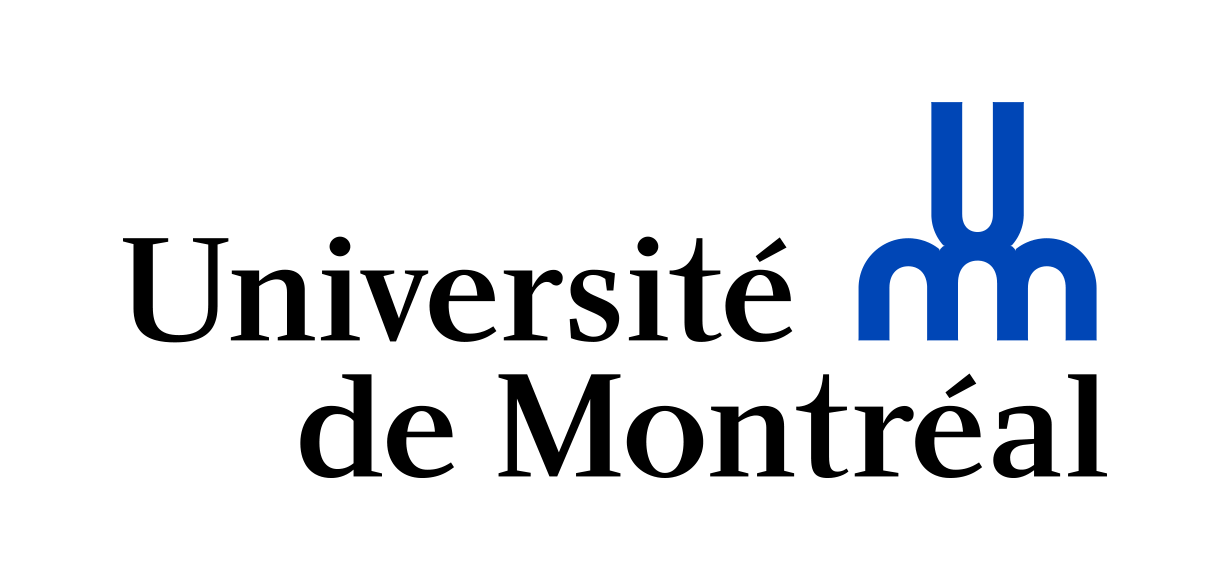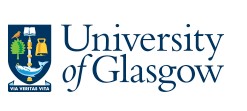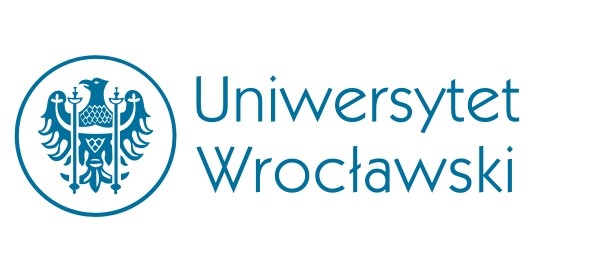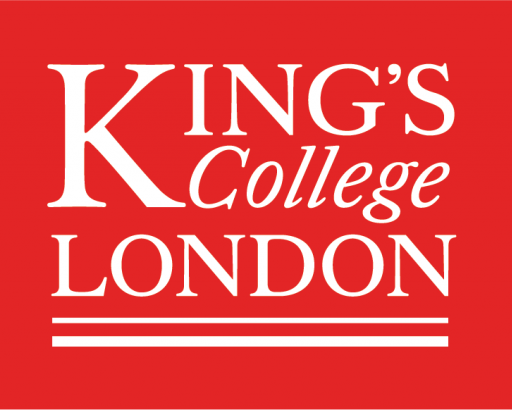Constance Bobotsi, February 2019
My name is Constance and I am in the final year of my degree in Politics and International Studies at the University of Warwick. I am honoured to have been one of the 8 BEAR Network undergraduate laureates participating in the research field trip to Latvia and Estonia in February 2019, where, along with a group of University of Glasgow students, we spent a week in the Baltics researching identity and memory. In particular, we looked at their history of occupation by the Soviet Union, Nazi Germany, and then the Soviet Union again during the 20th century. We focused on discourse as it is shaped today, as well as on the impact of memory on the interactions between ethnic Latvians and Estonians on the one hand, and Russian-speaking minorities on the other hand.
Our trip started in snowy Riga, where we had the opportunity to discuss with the Director of the Latvian Museum of Occupation and the Editor in Chief of the National Encyclopedia. We then traveled to Narva, an industrial Estonian city right on the border to Russia, where ethnic Estonians are only a minority. There, we met Kristina Kallas, Head of University of Tartu (Narva College) and leader of the newly-founded Estonia 200 party that is expected to enter Parliament in the March elections, as well as staff from the educational Integration Foundation. Our final stop was the Estonian capital, Tallinn, where we visited the Estonian Museum of Occupation and saw monuments that sparked controversy in Estonian society a few years back.
What I found particularly interesting was the educational divide between ethnic Estonians and Russian-speaking minorities in discourse and in practice, as well as the citizenship status of many Russian speakers, after I discovered the notion of a ‘grey passport’ for inhabitants that did not qualify for either Estonian or Russian citizenship after the end of the Soviet occupation and the collapse of the Soviet Union. I identified these issues as the pathology of the social segregation and isolation that is especially prominent in Estonia, where interaction between Eastern provinces and the capital is next to none. I was also intrigued by the unique identity of Russian speakers- they do not feel Estonian or Russian, but rather have forged their own identity, which to some extent is informed by their differentiation from Russia on the basis of their Europeanness. After the knowledge I acquired from this trip, I would be thrilled to return to the Baltics to conduct cultural research on the Russian-speaking minorities and investigate the role of the EU and Russia in their identities and everyday lives.
This trip was a unique opportunity to experience social research first-hand and to understand the challenges scholars face when researching concepts like identity. At the same time, it equipped me with new understandings of research methodologies and shortcomings and inspired me to investigate new approaches for my dissertation, which focuses on post-national identity in the era of globalization. I would like to thank the BEAR Network for recognizing undergraduate students as fellow researchers and allowing me to have this experience while still being in my academic infancy!













